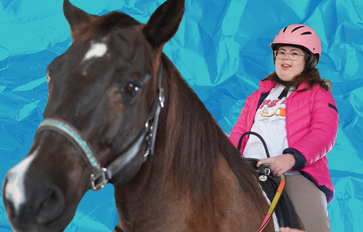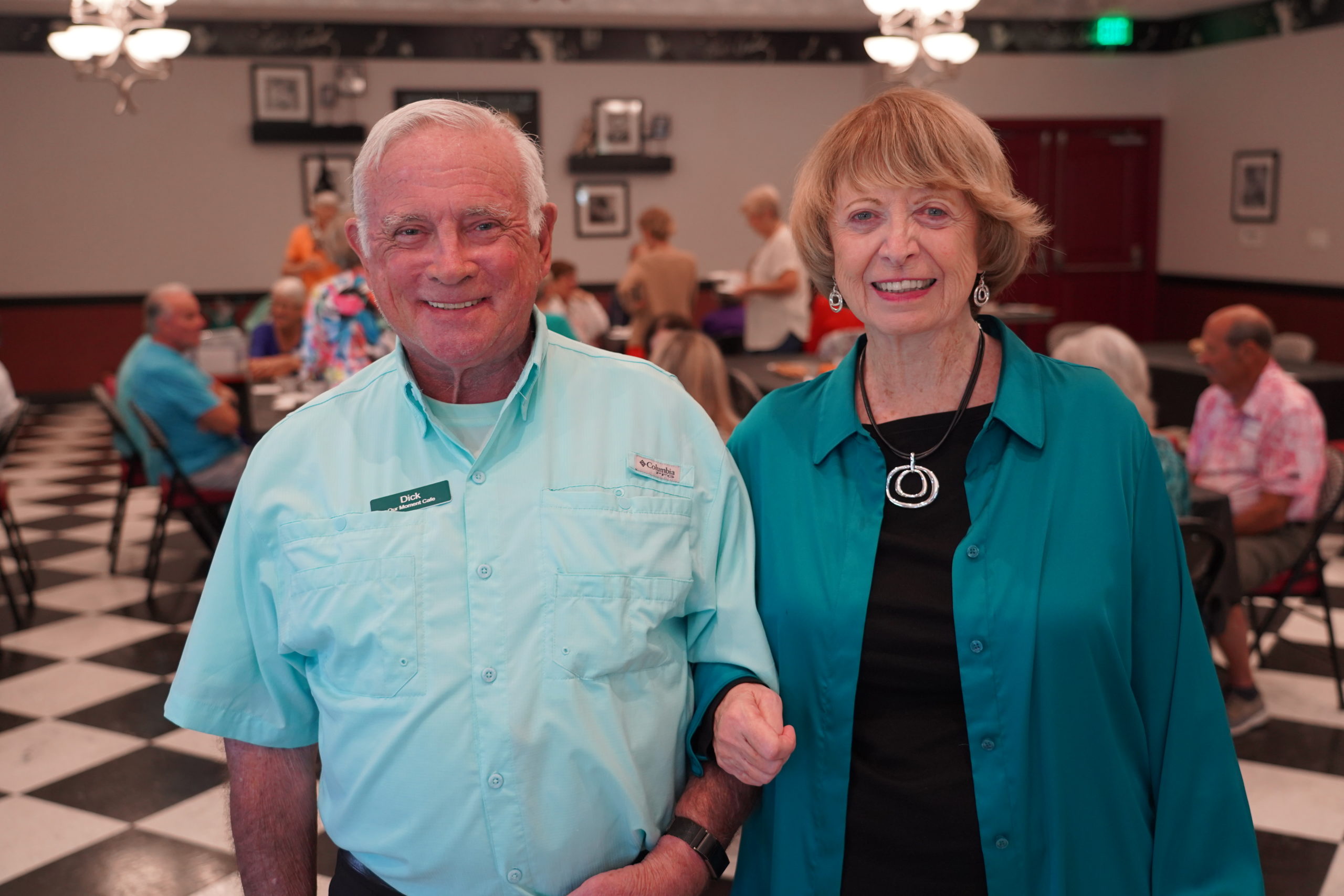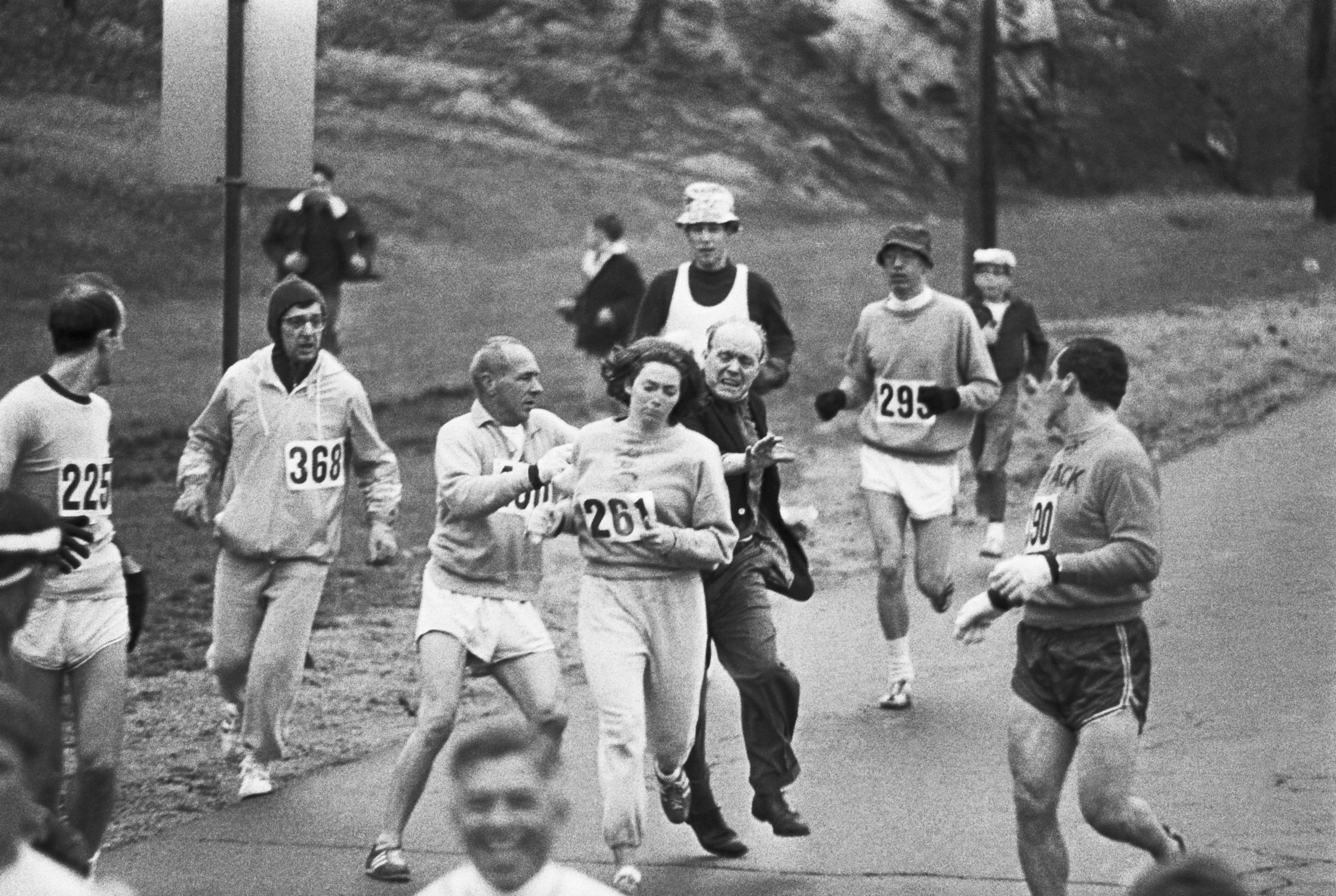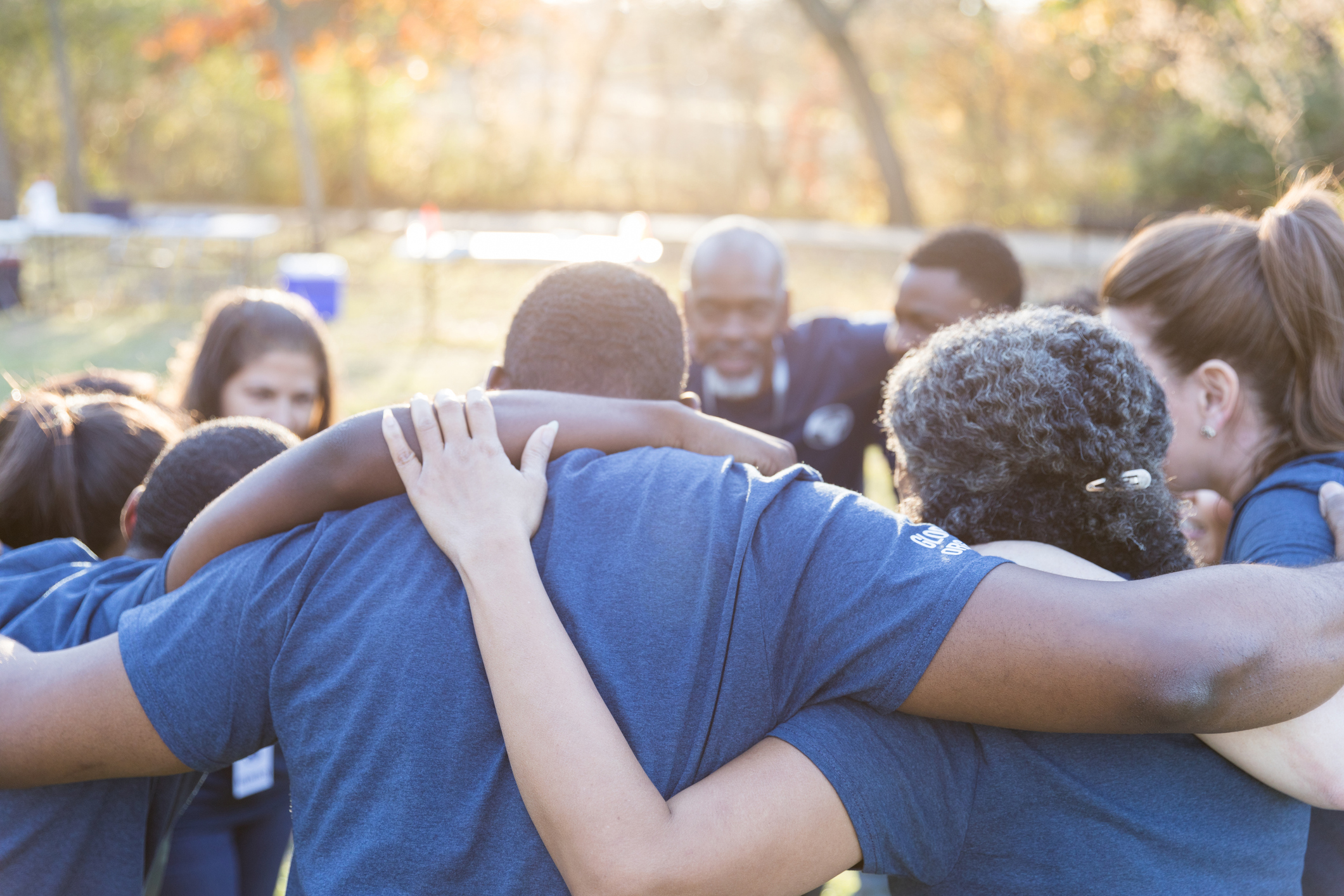MTRA Provides Therapeutic Horseback Riding and More
When Zoe Long was born with Down syndrome, her parents knew she would need extra help, with day-to-day activities and to live a full life. Her mother, Sara, found a solution when she learned about hippotherapy: physical, occupational, and speech therapy that utilizes the natural gait and movement of a horse to provide motor, and sensory input. Used mainly for patients with physical and mental disorders, the goal of hippotherapy is to improve neurologic functions and sensory processes. Zoe started when she was just 3 years old.
“It was a little nerve-wracking at first because of the worry about her being on such a big animal,” Sara Long said. “But once she got on the horse and I saw the benefits that the hippotherapy gave to her, it was worth it. The volunteers are there helping her, leading the horse. It just seemed safe and felt good. I wanted her to have that experience.
“It makes me happy too,” Long added. “You see my smile as I watch her, and I just feel pride and love that she has the opportunity to have that happiness and joy in her life.”
For 40 years, the Marion Therapeutic Riding Association (MTRA) in Ocala, FL has been helping individuals like Zoe through therapeutic horseback riding and equine assisted learning activities. In addition to helping adults and children with physical and intellectual delay, class attendees include stroke survivors, people with multiple sclerosis, and veterans with post-traumatic stress disorder.
Sally Lyle, 80, started at MTRA as a volunteer. After nine years the lifelong equestrian decided she could be an instructor and became certified in equine therapy. That was 27 years ago. The magic of the connection she experiences between horse and rider keeps her coming back.
“With Zoe, that horse loves her and has given her confidence,” Lyle said. “If they’re physically unable, it gives them a physical ability they don’t have. If they’re mentally unable, it gives one calm and confidence. There’s something about that big beast that just wants to take care of you.”
MTRA Executive Director Pam Morrison also sees the
difference the horse-rider connection makes, no matter the person’s life condition or experience.
“I see a person who was probably told that they would never amount to anything, that they weren’t smart enough to do this or they weren’t physically able to do that and really just told they didn’t have possibilities,” Morrison said. “I see them come in here and their whole persona changes to ‘I can do. I am important. I can contribute. I am achieving, and I am reaching my goals and my possibilities.’”
MTRA helps empower over 160 people a week. They are accredited by Path International, the organization that governs therapeutic riding services throughout the world, requiring continued education and certifications in the field.
Volunteers make MTRA go, contributing in a multitude of ways beyond the actual therapy, from office work and animal care to making lunches, maintaining the 35 acres and spending time with the families. Knowing the impact of what they do is the reward.
“I have a veteran who told me that he had a gun to his head the day before he came here,” Morrison shared. “He debated about coming and his wife begged him. He said, ‘This place is saving my life. It’s saving my life.’”
“I had a young man that came to us with autism, would not speak,” said Lyle. “I paired him with the right horse; it was dumb luck, but he started saying what he was thinking, but saying the horse was thinking it. He said, ‘Solo is not having a really good day today. He might not do very well.’ Within six months, his parents said nobody in the family recognized him, that they couldn’t shut him up. He tells jokes and they’re funny.
“I never leave here feeling bad, ever,” Lyle added. “This is as good for me as it is for anybody else here.”
“Those stories are just endless,” said Morrison. “There’s all kinds of wonderful little miracles that happen all the time and we’re just privileged to be here to experience them.”
To learn more about MTRA services or volunteer activities, visit mtraocala.org
This article is featured in the Spring 2023 issue of The Growing Bolder Digital Digest.















